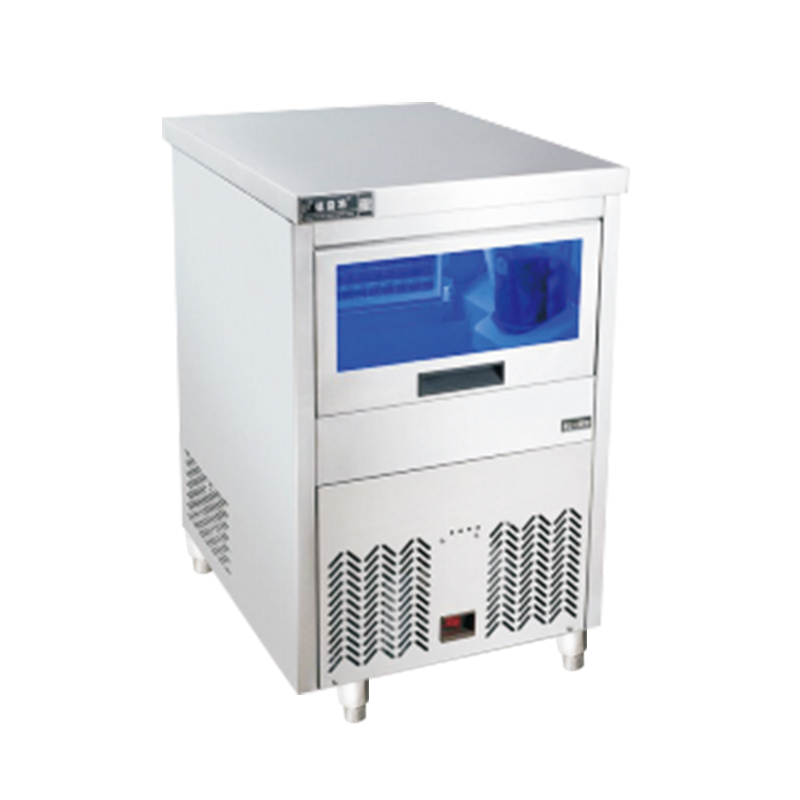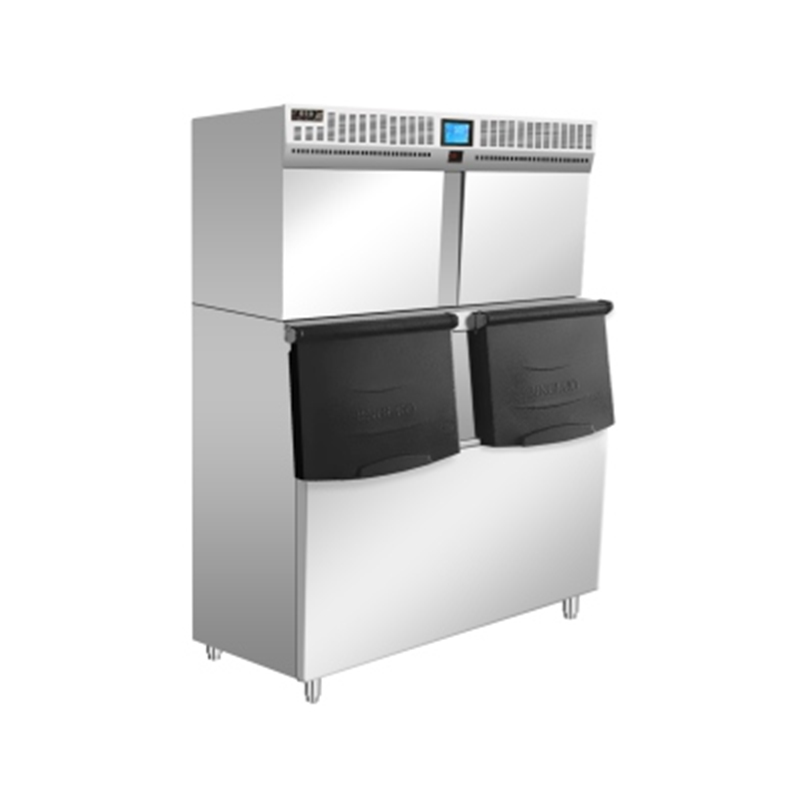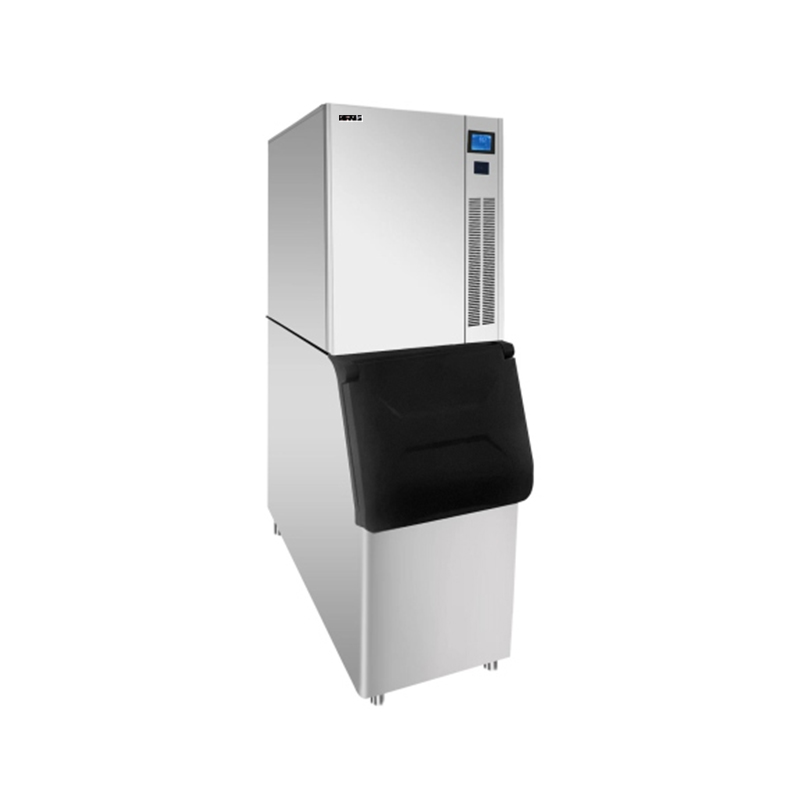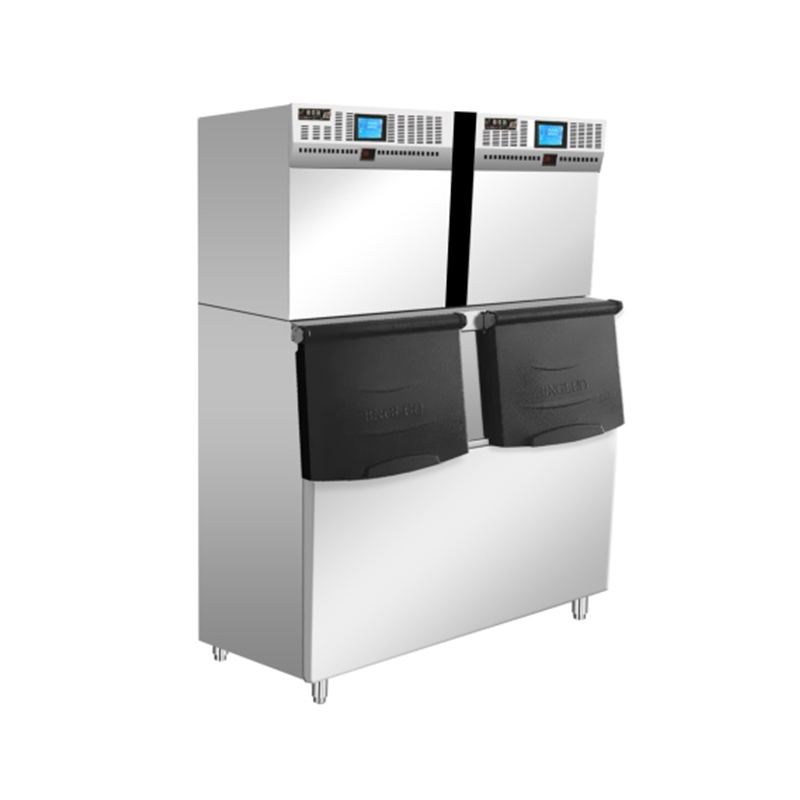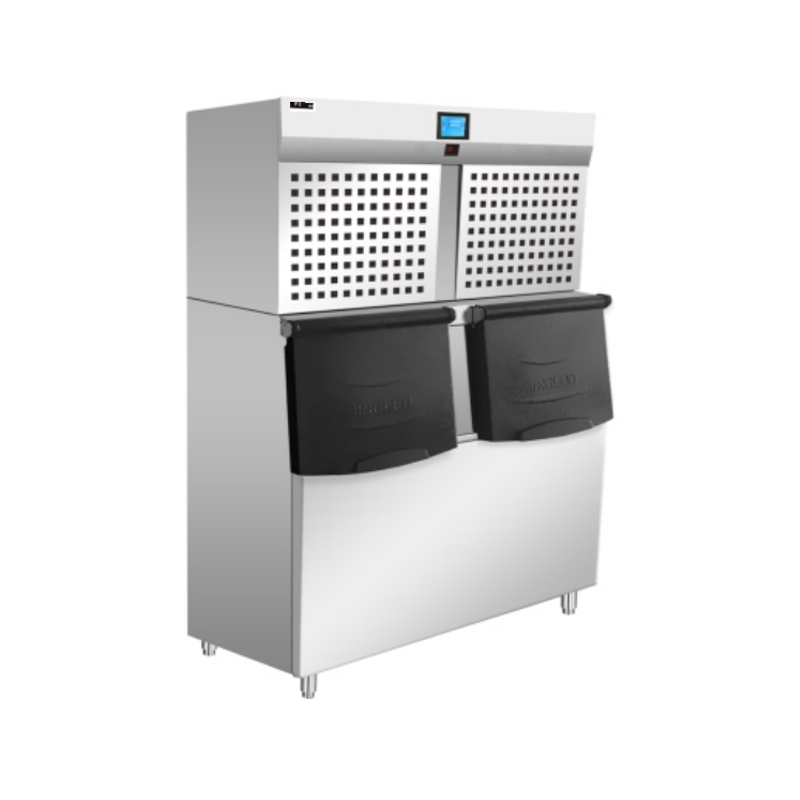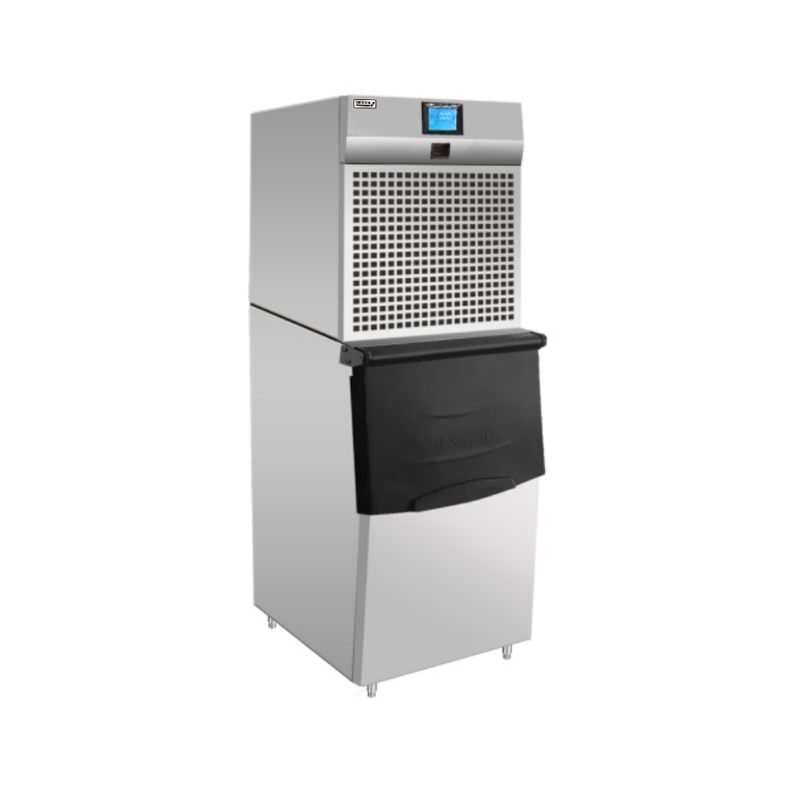2025-09-23
Commercial refrigerator maintenance tips
In a busy commercial kitchen or retail environment, a properly functioning commercial refrigerator is a key to operational success. It's more than just an appliance; it's a core piece of equipment that ensures food safety, reduces waste, and controls costs. Neglecting routine maintenance can lead to unexpected breakdowns, expensive repairs, and even food spoilage and business interruptions. Therefore, mastering professional maintenance tips is essential.
Routine Maintenance: The Foundation for a Healthy Refrigerator
Effective maintenance starts with daily habits. Here are things you should do every day and every week:
-
Check the Temperature: Daily, check the temperature inside the refrigerator to ensure it stays within the safe range (typically 36°F to 40°F, or 2°C to 4°C). Any unusual fluctuations could be an early sign of a potential issue.
-
Keep It Clean: Regularly clean up spills and crumbs inside the refrigerator. Perform a thorough wipe-down of the interior once a week, using a mild cleaning agent. Keeping the inside dry effectively prevents mold and odors.
-
Organize Inventory: Make sure food is organized and not overstocked. Cold air needs to circulate freely around items to maintain a uniform temperature. Overcrowding blocks airflow, making the refrigerator work harder and increasing energy consumption.
-
Inspect Door Gaskets: Periodically check the door gaskets for cracks, wear, or looseness. A simple test is to close the door on a dollar bill; if you can easily pull it out, the gasket isn't sealing properly and needs to be replaced.
Regular Deep Maintenance: The Key to Extending Equipment Life
Beyond daily tasks, deeper, periodic maintenance can significantly extend the lifespan of your commercial refrigerator and maintain its operational efficiency.
1. Clean the Condenser Coils
This is the most critical step in commercial refrigerator maintenance. The condenser coils are responsible for dissipating heat, but they often get clogged with dust, grease, and grime from the kitchen environment. When the coils are dirty, the refrigerator takes longer to cool down, leading to increased energy consumption, compressor overheating, and ultimately, equipment failure.
-
Steps:
-
Disconnect the refrigerator from its power source for safety.
-
Locate the condenser coils (usually at the bottom or top of the unit).
-
Use a stiff brush or a vacuum cleaner to remove dust and debris from the coils.
-
If the coils are very dirty, you can use a professional coil cleaner.
-
Once finished, reconnect the power.
-
-
Frequency: Depending on the cleanliness of your kitchen environment, it's recommended to clean them every 1-3 months.
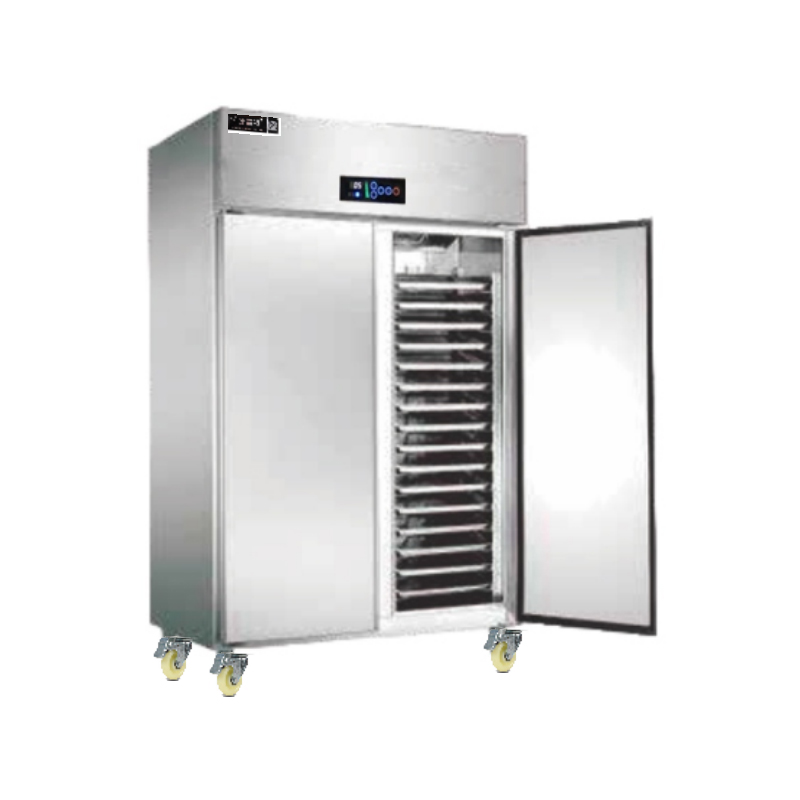
2. Clean the Evaporator and Fan
The evaporator coils absorb heat from inside the refrigerator, while the fan circulates the cold air. If the evaporator is iced over or the fan blades are dirty, it will affect cooling efficiency.
-
Steps:
-
Ensure the refrigerator is unplugged.
-
Check the evaporator coils for ice buildup; if there is any, allow it to defrost naturally.
-
Check the fan blades and clean off any dust and grease.
-
-
Note: During the defrosting process, make sure the drain pan and drain line are not clogged to prevent water from overflowing.
3. Check the Drain Pan and Lines
The drain pan and lines collect and remove condensation from inside the refrigerator. If they get clogged with food residue or grime, it can lead to water overflow, mold growth, and even ice buildup inside the unit.
-
Steps:
-
Periodically check the drain pan, empty any standing water, and clean it.
-
Use a solution of warm water and mild soap to flush the drain line to ensure it is clear.
-
When to Call a Professional
While many maintenance tasks can be done on your own, some issues require a professional technician. Don't hesitate to contact a repair service if you encounter the following:
-
Unusual Noises: If you hear strange clicking, humming, or grinding sounds, it could indicate a problem with the compressor or fan motor.
-
Persistent Temperature Issues: The refrigerator temperature remains unstable or can't reach the safe range despite your maintenance efforts.
-
Refrigerant Leak: If you smell a chemical odor or notice a significant drop in cooling performance, it might be a refrigerant leak.
-
Electrical Problems: Any issues related to wiring, the control panel, or circuit breakers should be handled by a professional.
By following these professional commercial refrigerator maintenance tips, you can ensure your equipment runs smoothly for a long time, minimize unexpected breakdowns, and protect your investment and business.

 English
English русский
русский Español
Español عربى
عربى